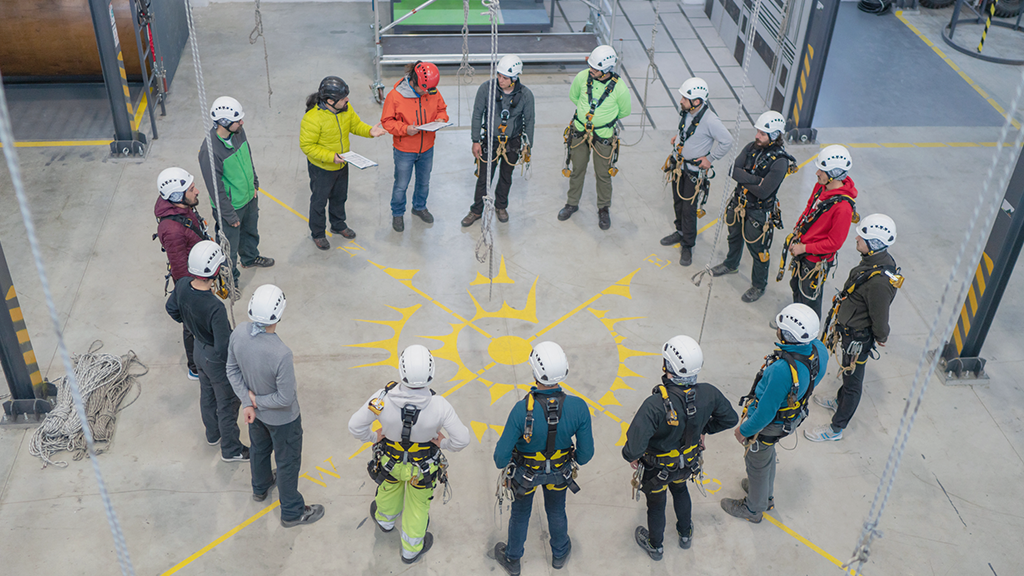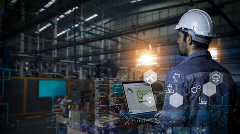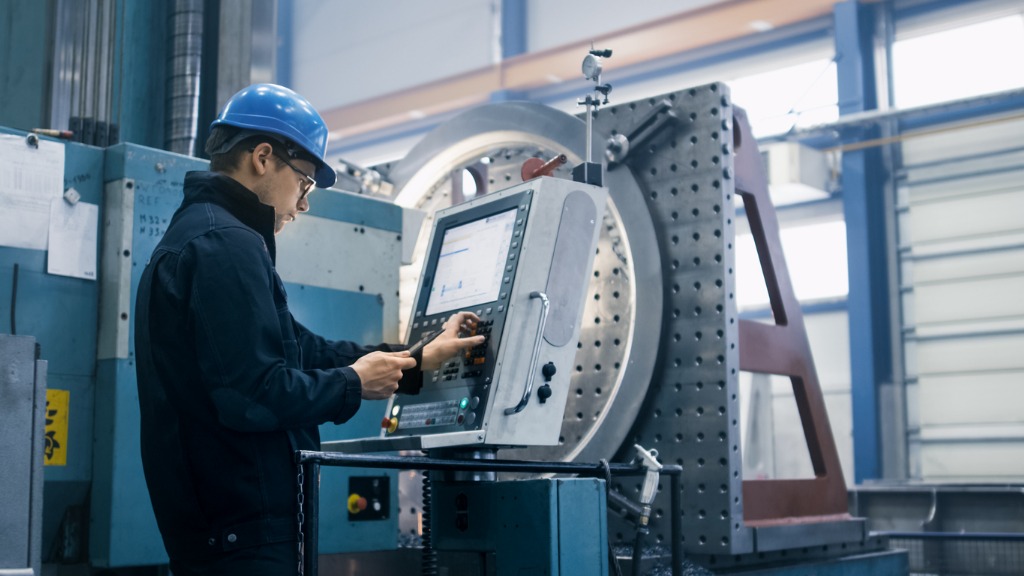Flexible Training Options Help Bridge the Sales Gap

Having a workforce that's well trained on current technologies and equipment is critical for any manufacturer. When workers lack necessary skill sets, they are more likely to make expensive mistakes that result in costly downtime. Without proper training, employees are also less productive and have lower job satisfaction. They often feel as though they aren't moving forward in their career and get discouraged. In addition, the correlation between well-trained workers and a safer manufacturing environment shouldn't be overlooked.
Clearly, the importance of industrial training must be a key consideration for employers. Unfortunately, developing a workforce with necessary knowledge isn’t always easy. A variety of factors are creating a serious skills gap, and many companies are struggling to find ways to address the challenges.
One common challenge involves the increasing complexity of the operational and technical systems employees must design, operate, maintain, and repair. We all know how rapidly technology is changing and diverse skill sets are in demand to match the expanded roles and responsibilities of many positions.
A second issue facing many employers is the generation of skilled workers that is retiring, taking valuable tribal knowledge with them. Experience can be a wonderful teacher, and a new employee can’t be expected to have the same skill set as someone who has spent decades on the job.
In most cases, some type of formal training is necessary to get workers up to speed. But that can come with its own problems. In the past, getting trained often meant going to a location determined by the trainer. That involved travel-related expenses and time away from work. It also provided a “one size fits all” type of experience, with little consideration for different learning styles. A lack of awareness of appropriate classes or programs adds to the challenge.
In 2020, a very serious new barrier to training entered the picture: a global pandemic and requirements around social distancing that brought classroom training to a screeching halt. The need for training continued to exist but it was time to look at new, more flexible training options. The training transformation was underway.
Large technology-induced shifts in behavior are nothing new to us. The world is rapidly changing in many ways. When we were kids growing up in the ‘80s and ‘90s, if you wanted to rent a movie, you had to go to a retail location, browse movies, and try to find one you wanted. But now, almost all those video stores are gone, and your experience is very different. You have an enormous selection of video materials that you can watch anywhere, anytime, on a choice of devices, including a TV, a computer, a phone, a tablet and more.
Something similar has happened with industrial training. Today, if you want ControlLogix® training or other Allen‑Bradley® classes, you have a variety of options that make learning easier for you. They include:
- Learning+ Training Subscriptions
- This offering combines the self-paced experience of e-learning with in-class collaboration with instructors, labs, and additional training content - all in a virtual environment. This provides the flexibility and convenience of learning when and where you need it most. Learning+ Training courses can be taken on any tablet or PC using Chrome, Safari, IE, Edge, or Firefox, and all content is narrated with a viewable transcript.
- Specialist-Led Training
- In-person hands-on learning is an effective way to increase job-related skills, when practical. Courses are conducted at Rockwell Automation and partner locations, or can be held for private audiences at customer sites, if sending your employees to off-site training is disruptive to production.
- Virtual Webinars
- Virtual webinars are one of the most convenient ways of opting for additional training. Attendees are able to view and/or listen to a session wherever they are and save it afterwards for future reference. Webinars are positioned to deliver relevant, timely information to the audience.
- Workforce Services and Solutions
- These consultation-based offerings allow you to discuss specific scenarios with SMC Specialists, improve your technical expertise, and assess and correct current issues. These solutions and services are tailored to your application needs.
As you look for ways to manage the skills gap in your organization, be sure to support your team with the right learning opportunities. Finding flexible learning options that allow employees to learn when, where and how they want can help make your journey to increased operational efficiency less difficult.
Article Source: Rockwell Automation - Brian Fortney










